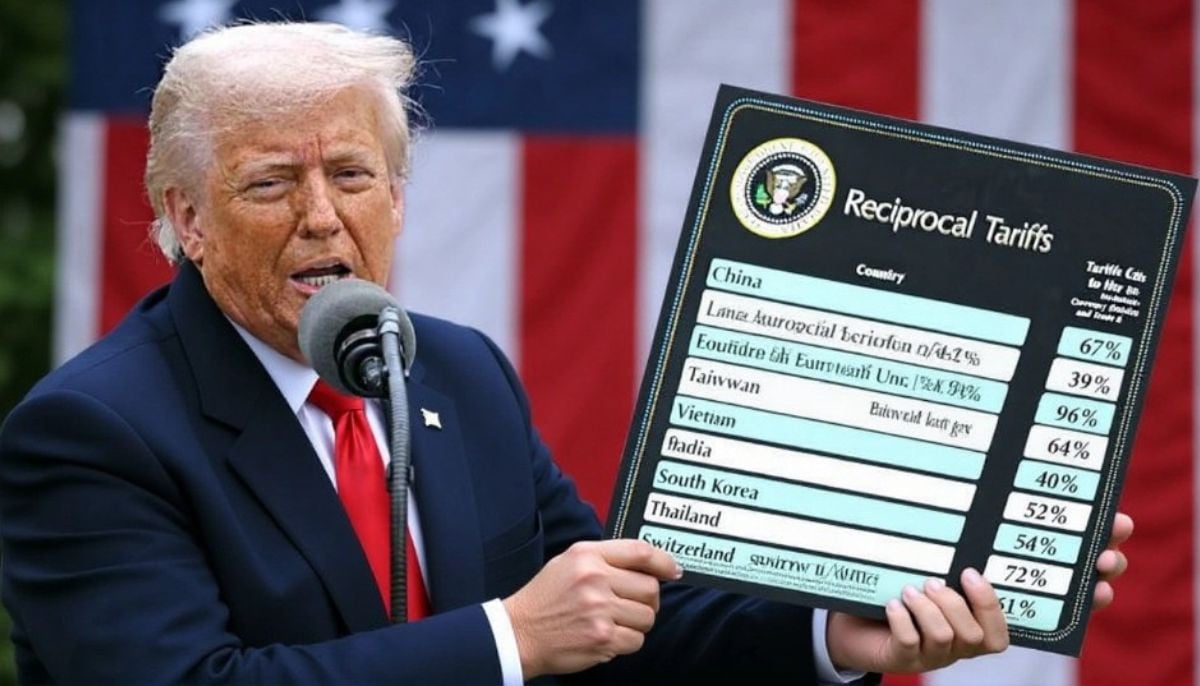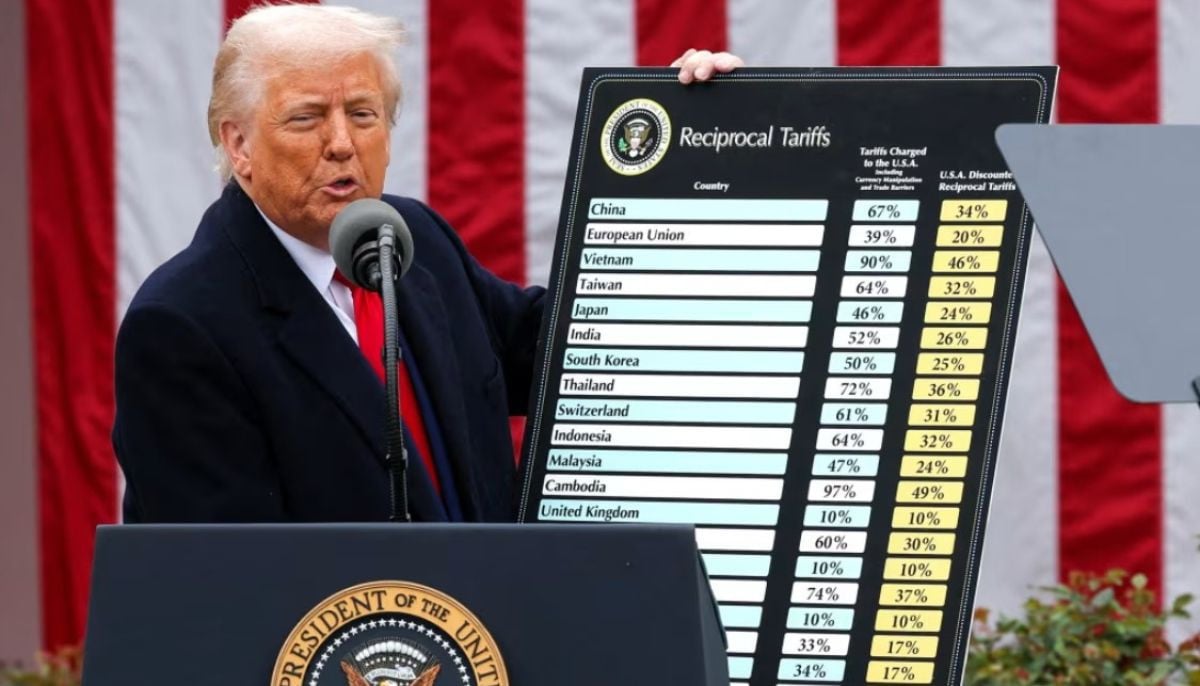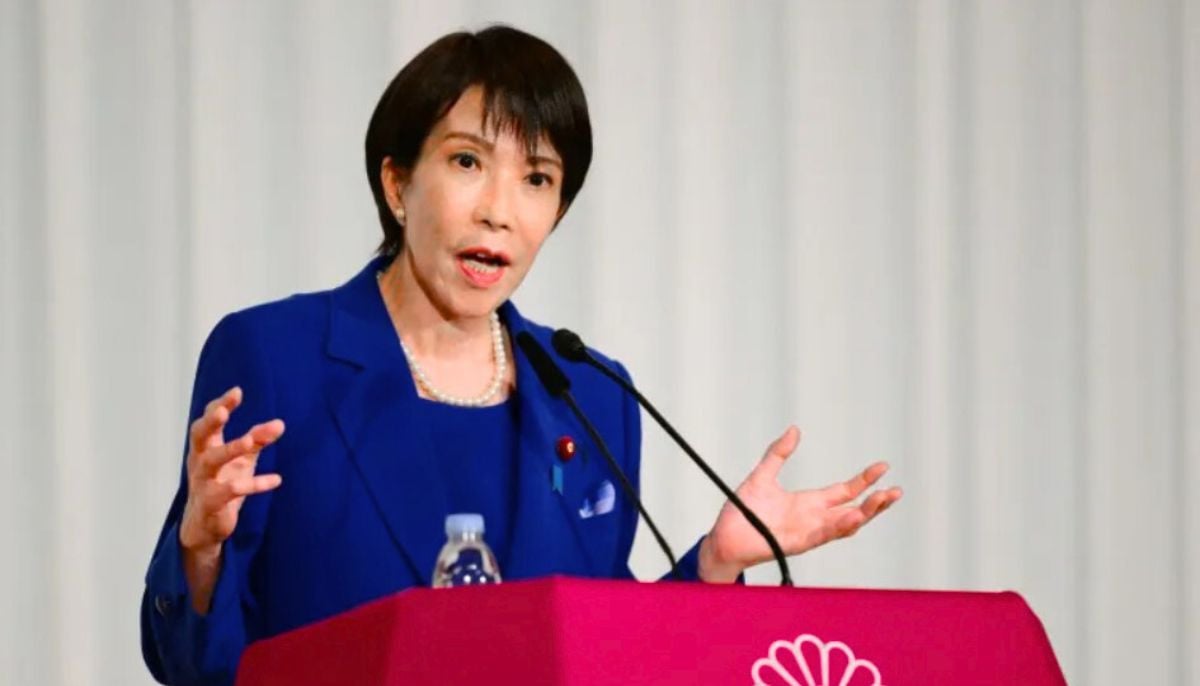Germany’s far-right AfD secures first state election win: exit polls
AfD garnered between 30.5% and 33.5% of the vote in Thuringia
Germany’s far-right AfD Sunday achieved a historic win in the regional elections in Thuringia, according to exit polls, marking a significant setback for Chancellor Olaf Scholz ahead of the 2025 national elections.
The AfD garnered between 30.5% and 33.5% of the vote in Thuringia, while the conservative CDU came in second with approximately 24.5%.
In the neighboring state of Saxony, which also held regional elections on Sunday, the CDU led slightly, with the AfD trailing closely behind, as indicated by the polls.
The AfD is unlikely to come to power in either state because other parties have ruled out working with the far right to form a government.
But the result is still a political earthquake as it would represent the first time in Germany’s post-World War II history that a far-right party has won a state election.
If confirmed, it would also be a huge blow for Scholz’s Social Democrats and the other parties in his fractious coalition government, the Greens and the liberal FDP.
The SPD scored between 6.5 and 7 per cent in Thuringia and between 7.5 and 8.5 per cent in Saxony.
During the election campaign, the AfD had capitalised on dissatisfaction with the government, including anger over migration and misgivings about support for Ukraine.
Alice Weidel, the co-leader of the AfD, hailed the result as a "historic success". In contrast, the party’s other co-leader, Tino Chrupalla, said the party had a "clear mandate for government" in Thuringia.
'Historic result'
Chrupalla said both states had sent the message that "there should be a change of politics" and the AfD was "ready and willing to talk to all parties".
However, the CDU’s general secretary Carsten Linnemann on Sunday said voters knew "we do not form coalitions with the AfD".
Thuringia, one of Germany’s more rural states, was an early centre of support for the Nazi party, which first came to power there in 1930 as part of a coalition government.
Bjoern Hoecke, the controversial head of the AfD in the state, told the ARD broadcaster his party was the "people’s party in Thuringia".
"We need change and change will only come with the AfD," he said, hailing the "historic result".
Hoecke has often caused outrage with his outspoken statements and was fined twice this year for deliberately using a banned Nazi slogan.
The exit polls also showed a good night for BSW, a new party founded by the firebrand politician Sahra Wagenknecht after she quit the far-left Die Linke.
BSW scored between 14.5 and 16 per cent in Thuringia and between 11.5 and 12 per cent in Saxony, according to the polls.
Wagenknecht’s party has appealed to voters in eastern Germany with a dovish stance towards Russia and calls for a radical crackdown on immigration.
Other parties’ refusal to work with the AfD potentially leaves BSW as the kingmaker in Thuringia and Saxony, despite serious policy disagreements with potential partners, especially in Ukraine.
'Alarming'
Scholz’s coalition partners, the Greens and the FDP had a dismal night in both states, scoring even less than the SPD.
Marianne Kneuer, a professor of politics at the Dresden University of Technology, called the exit polls "alarming".
"If you add up the vote share of the AfD and BSW, you come to over 40 per cent in Thuringia and Saxony. And that is frightening because it shows that the democratic parties of the centre... have shrunk significantly," she said.
The contests in Thuringia and Saxony come just over a week after three people were killed in a suspected Islamist knife attack in the western city of Solingen, which has fuelled a bitter debate over immigration in Germany.
The alleged attacker, a 26-year-old Syrian man with suspected links to the Islamic State group, was slated for deportation but evaded attempts by authorities to remove him.
The government has sought to respond to the alarm by announcing stricter knife controls and illegal rules for migrants in Germany.
In Erfurt, the capital of Thuringia, AfD supporter Patrick Teichmann said he believes migrants "take advantage of our social system".
The 32-year-old vegetable farmer, wearing a signed Bjoern Hoecke T-shirt, described his hero as "the only politician with brains these days".
A third former East German state, Brandenburg, is also due to hold an election later in September, where polls have the AfD ahead by around 24 per cent.
-
Tucker Carlson says passport seized, staff member questioned at Israel airport
-
Russia set to block overseas crypto exchanges in sweeping crackdown
-
US Supreme Court strikes down Trump’s global tariffs as 'unlawful'
-
Kelly Clarkson explains decision to quit 'The Kelly Clarkson Show'
-
Japan: PM Takaichi flags China ‘Coercion,’ pledges defence security overhaul
-
Angorie Rice spills the beans on major details from season 2 of ' The Last Thing He Told Me'
-
Teacher arrested after confessing to cocaine use during classes
-
Milo Ventimiglia recalls first meeting with Arielle Kebbel on the sets of 'Gilmore Girls' amid new project












